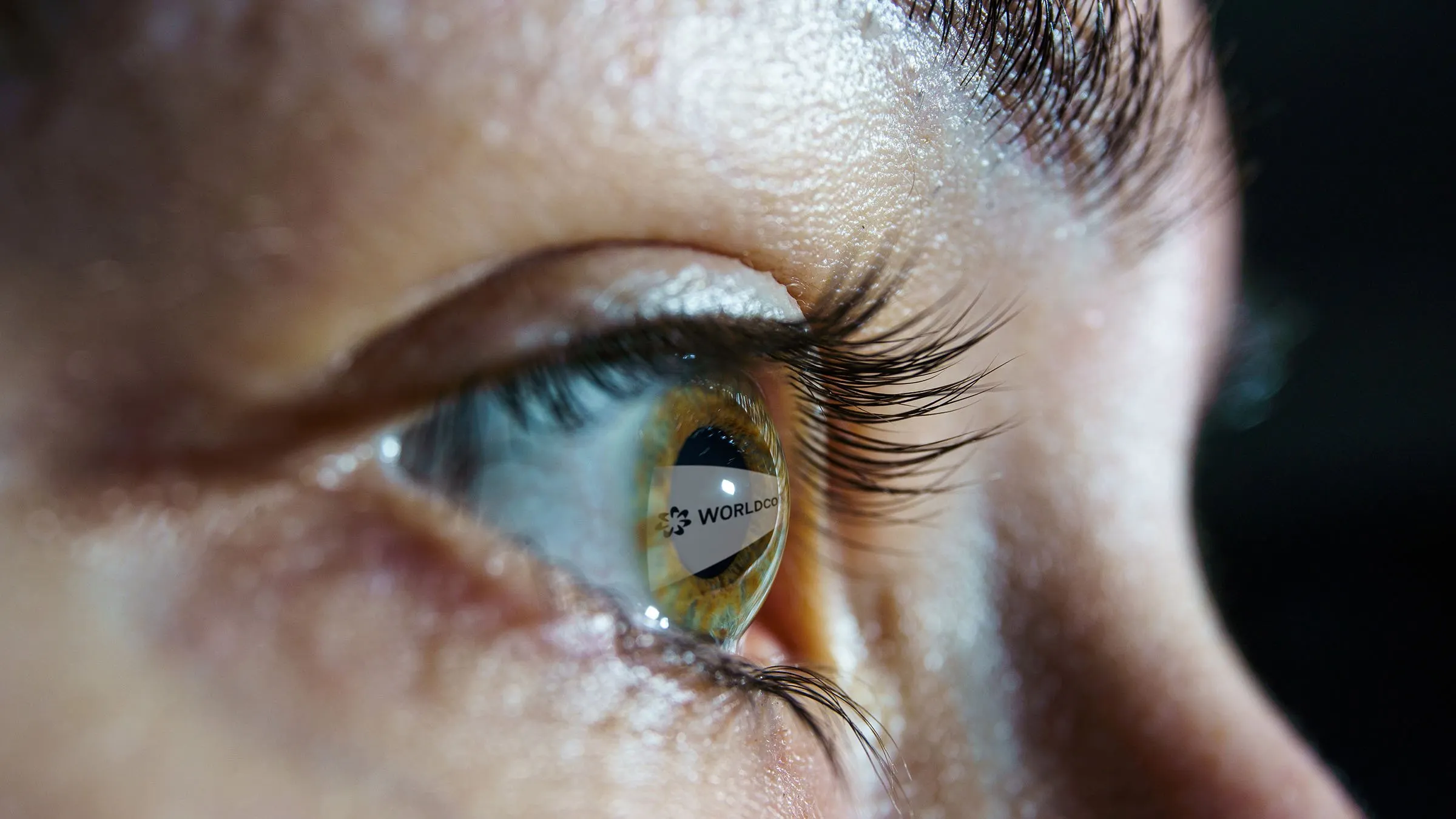There’s more trouble for Worldcoin as the Kenyan government has reportedly established a 15-member parliamentary committee tasked with investigating the controversial project.
The committee, chaired by Narok West MP Gabriel Tongoyo, has been granted a window of 42 days to conduct a thorough examination of Worldcoin’s activities and to present its findings to the House, as reported by local media.
The parliamentary scrutiny comes about three weeks after Kenyan authorities announced the suspension of Worldcoin’s operations “until relevant public agencies certify the absence of any risk to the general public whatsoever.”
Additionally, the court has taken measures to halt the operations of the company as the case filed by the Data Commissioner's office awaits resolution. Justice Nixon Sifuna has issued an order directing that the data gathered by Worldcoin from April last year until August 2023 should be preserved.
In a separate development, police also raided a Worldcoin warehouse in the Kenyan capital of Nairobi, reportedly seizing its documents and machines.
Earlier this month, Interior Cabinet Secretary Kithure Kindiki addressed the House, expressing concerns regarding the project's activities, specifically involving citizen registration and the collection of iris data, per the report.
A spokesperson for the Worldcoin Foundation told Decrypt that it was "committed to working with regulatory officials in Kenya to provide Kenyans access to the global digital economy."
Decrypt has reached out to both MP Tongoyo, but didn’t hear back by press time.
Worldcoin’s controversial strategies
Unveiled in July by OpenAI CEO Sam Altman, Worldcoin requires users to verify their human identity by using a hardware device known as the "Orb," which facilitates iris scanning.
These Orbs are presently accessible in almost 400 locations around the world, with more than 2,200,000 individuals having already completed the registration process, per Worldcoin's official website.
Worldcoin maintains that these World IDs will play a pivotal role in an era where artificial intelligence wields increasing influence, serving as a means for individuals to establish their humanity and authenticity, thus countering the possibility of being mistaken for robots or automated entities.
In return for the verification process, participants are promised to be rewarded with 25 WLD tokens, the project's native cryptocurrency built on the Ethereum blockchain.
Nevertheless, the legality of this approach has sparked considerable skepticism. A significant focal point of concern pertains to the protocols and safeguards established for the storage of such highly sensitive biometric information.
This led governments in France, Germany, and the UK to launch their own investigations into the initiative.
A Worldcoin spokesperson previously told Decrypt the project “was designed to protect individual privacy and has built a robust privacy program."

